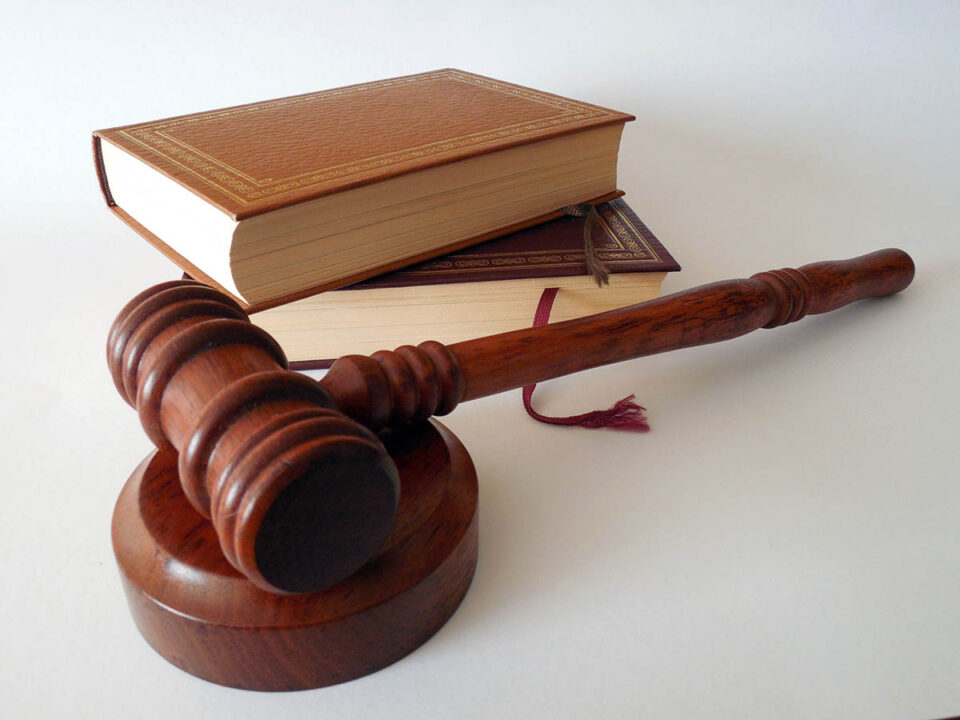18.10.2021
This can be considered by the courts, not by the administration of the estate of the deceased
The duties and powers of the administrator of the property of the deceased are determined by law. His duty is to identify the heirs, whether any of them are incapacitated, find the assets and any debts of the inheritance, secure tax exemptions, and distribute the inheritance according to the rights of the inheritance. The provisions of the will, if any, are also taken into account.
The manager is obliged to find assets as soon as possible, pay expenses and any debts in accordance with their priority. He also evaluates the remaining part of the property and executes the will in accordance with the law. The need to sell part or all of the property may arise if there are debts, taxes, fees and expenses that are not covered by movable property. In this case, the administrator may apply to the court for guidance and obtain an appropriate sale order, unless he obtains the written consent of all the heirs.
A serious problem arises if the manager squanders property in violation of his duties. By law, they must act in good faith and not transfer assets to heirs while there are debts or potential claims to the estate. The manager is obliged to protect the property. Its disposal in a way that causes damage to a third party may lead to personal liability of the manager. In such a case, civil liability may be established in the course of a claim brought by the creditor, and not in the context of management.In the decision handed down by the single judge of the supreme court on September 15, the court referred to the previous decision of the plenum of the Supreme Court between the same parties, handed down on March 11.
The plenary did not dispute either the obligations of the trustee or the fact that he could become personally liable for the payment of compensation to the creditor of the estate. The Court indicated that the decisive question was whether this liability could be established and what consequences should be established in the context of property management. There was also a lower court. Improper disposal of property does not necessarily place personal responsibility on the manager. The Court held that, on the basis of a prima facie examination, such liability could only be established in the course of legal proceedings against the administrator.
According to the facts, the administrator of the estate of the deceased was ordered by the lower court to return the amount distributed to the heirs from the accounts of the deceased within 45 days, otherwise the creditor would have the right to take coercive measures against him. The court decided that the manager violated his duties and this led to embezzlement in favor of the heirs to the detriment of the creditor.
The manager filed an appeal and applied to the Supreme Court for permission to file an action to set aside this decision. The Supreme Court, composed of a single judge, found no exceptional circumstances for granting permission.
However, the Plenum of the Supreme Court reversed this decision.It was decided that the imposition of personal liability on the manager in compliance with the procedure is prima facie outside the institutional framework of civil liability. The Supreme Court accepted the appeal, allowing the steward to file an application with a summons to issue a certiorari. Together with a single judge, he issued a certiorari and annulled the decision of the lower court, believing that a claim could only be brought in court.
















